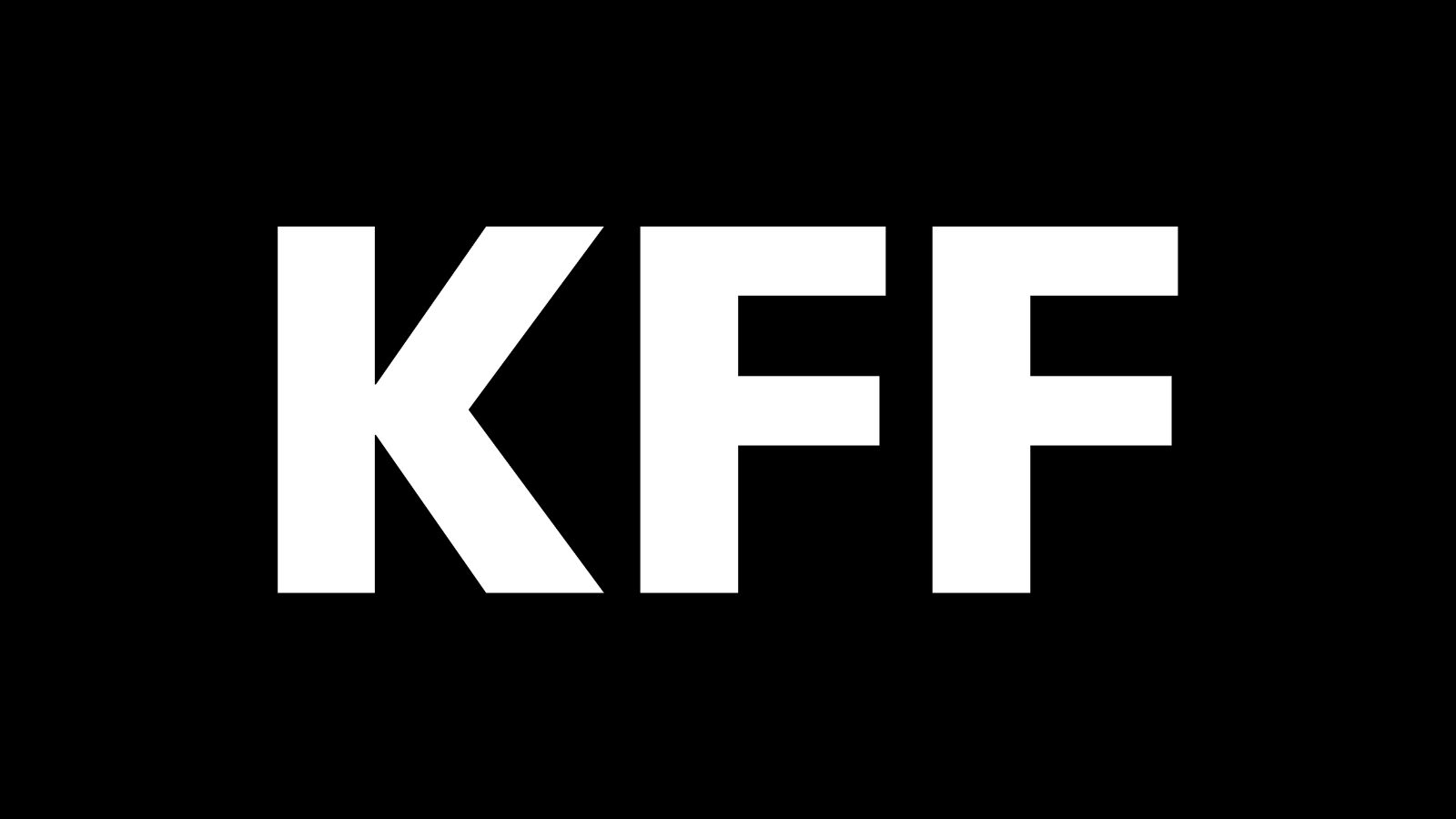Over the past two decades, U.S. hospitals have absorbed nearly $745 billion in uncompensated care, according to the American Hospital Association. This burden continues to grow as hospitals struggle to verify active insurance. The task is made harder by patients frequently changing jobs, relocating and moving through a fragmented payer system that providers must track and interpret. The result? Missed billing opportunities, delayed payments and unnecessary write-offs threaten not only the hospital’s financial stability, but also their ability to provide care to their communities.
Now, the newly enacted ”One Big Beautiful Bill Act” adds even more pressure. With sweeping Medicaid cuts and stricter eligibility rules, millions of Americans could lose coverage — and hospitals may face a sharp rise in uncompensated care. Key provisions include:
- More frequent eligibility reviews (every six months instead of annually)
- Higher out-of-pocket costs (up to $35 per doctor visit)
- New limits on state Medicaid funding (including bans on provider taxes)
According to the Congressional Budget Office, an estimated 11.8 million people could lose Medicaid coverage by 2034. These changes shift more financial responsibility to hospitals and patients.
But the impact isn’t just financial. For patients, undetected coverage can lead to surprise bills, postponed treatment, or even collections, all of which erode trust in the healthcare system. Vulnerable populations, particularly those affected by the latest Medicaid changes, are at the greatest risk of falling through the cracks.
Hospitals are committed to serving their communities, including those who may not be able to afford to pay. To do this, they must recover every dollar they’re entitled to. That means identifying coverage wherever it exists, even when it’s hidden, forgotten or misclassified.
That’s where Coverage Discovery comes in. Experian Health’s solution uses proprietary data and advanced machine learning to identify unknown or forgotten insurance coverage across the entire revenue cycle — before, during, and after care.
Unlike traditional eligibility checks, Coverage Discovery goes deeper. It scans commercial, government and third-party payers in real time; it uncovers primary, secondary and even tertiary coverage that might otherwise go unnoticed. This proactive approach helps providers bill the right payer the first time, which reduces denials, accelerates reimbursements, and minimizes bad debt.
Coverage Discovery identified over $60 billion in insurance coverage across 45+ million unique patient cases in 2024 alone, turning missed opportunities into paid claims.
In a time of uncertainty, clarity is essential. Coverage Discovery empowers providers to take control of the coverage gap — not just react to it. By surfacing hidden coverage early and often, hospitals can protect their financial health while improving the patient experience.
Here’s how it all comes together:
Publisher: Source link










